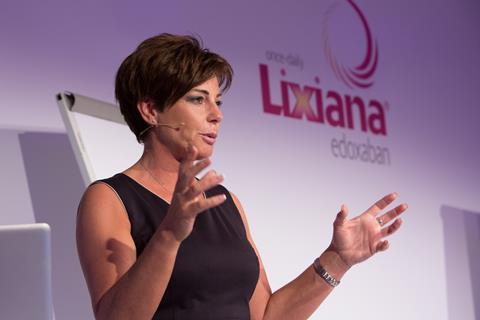
When did you last go on a date on Friday night and get married on Saturday? Never, I hope! We spend time building a relationship and developing trust. It takes time, and when you feel you have mutual trust, you may look at a longer, more permanent commitment.
Trust is the fundamental building block of all relationships—with family, friends, and colleagues. Without trust, we can achieve very little.
We trust people that we like. We trust our friends, and we distrust our enemies. Building a positive relationship increases trust.
We trust people who have the right answer or can provide insight. We trust people when they can help solve problems. A lack of trust slows everything down. Those who can admit failure or mistakes provide an environment where others will feel safe to also speak up.
Trust is built from consistency. When you say you will do something and you do it, people trust you. Being consistent and walking your talk is important to build trust in relationships.
If you are not trusted, you can’t be inspiring or trusted to resolve conflicts—to get the team to embrace stretch goals or believe their communications.
Building a culture of trust in organizations is what makes a meaningful difference. Employees in high-trust companies are more productive, have more energy at work, collaborate better with their colleagues, and stay with their employers longer than people working at low-trust companies. They also suffer less chronic stress and are happier with their lives. These factors fuel stronger performance.
The neuroscience shows that recognition has the largest effect on trust when it occurs immediately after a goal has been met; when it comes from peers; and when it’s tangible, unexpected, personal, and public. It’s vital that people who perform receive recognition.
Public recognition not only uses the power of the crowd to celebrate successes, but also inspires others to aim for excellence. And it gives top performers a forum for sharing best practices so others can learn from them. Why do you think we hold award ceremonies?
Those employees who are not well informed about their company’s goals, strategies, direction, and tactics often suffer chronic stress, which undermines teamwork. Openness is the antidote, and openness builds trust.
Trust is built when people feel involved and significant. Ultimately, you cultivate trust in all relationships by setting a clear direction, giving people what they need to see it through, and getting out of their way.






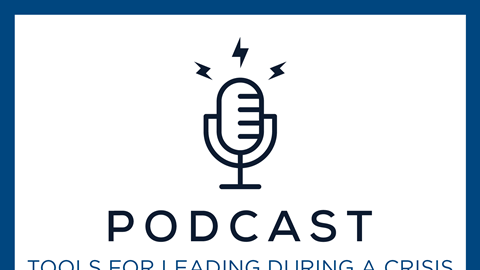
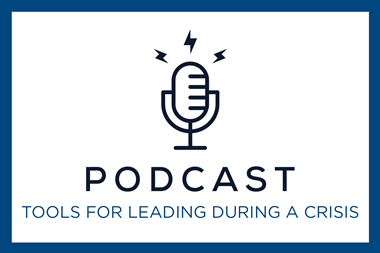
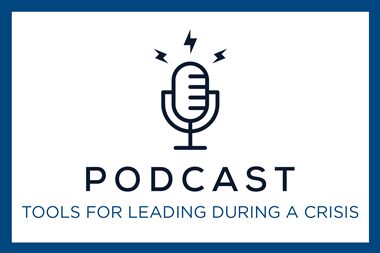
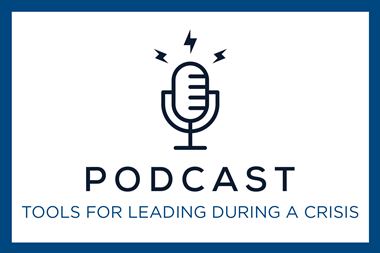
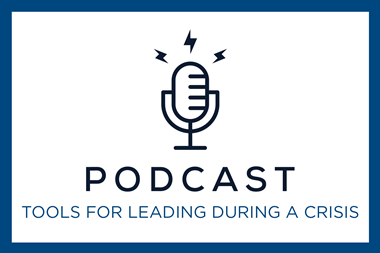
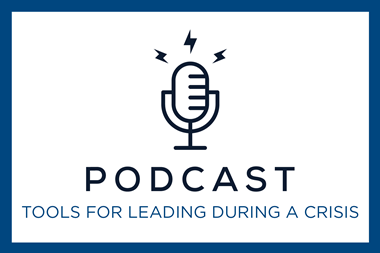




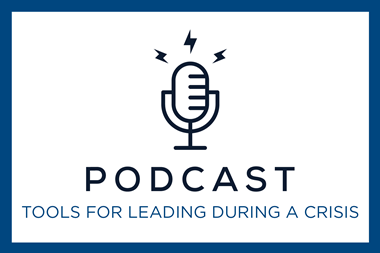



No comments yet